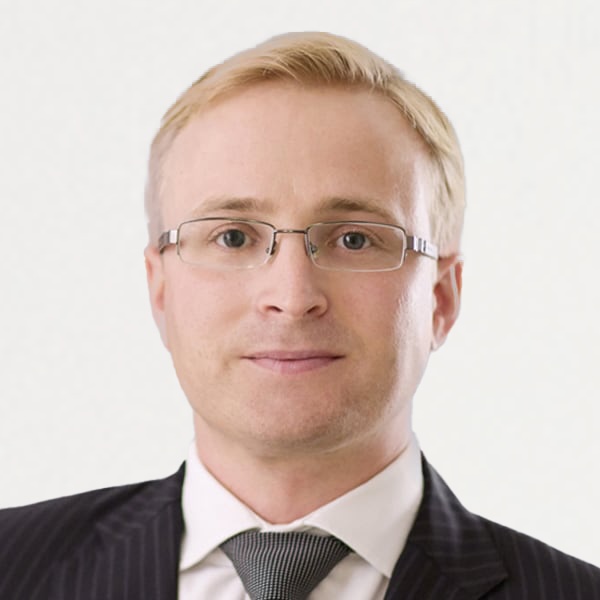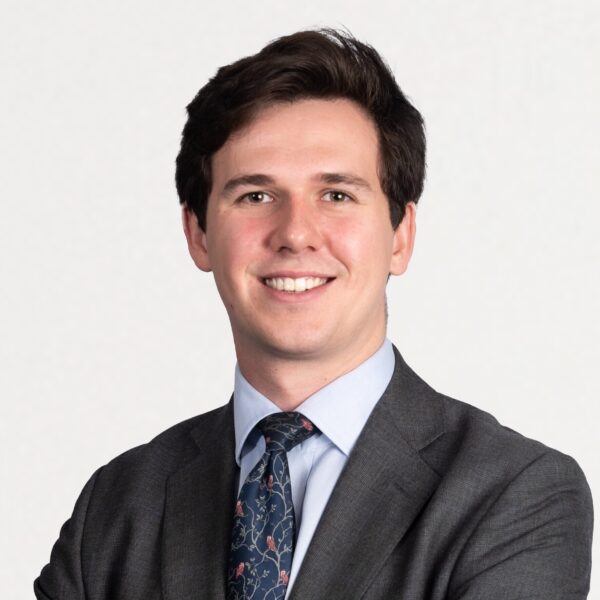Buy tickets now
A Summary Assessment of Dishonesty: Gupta v Shah [2023] EWHC 540 (Ch)
![A Summary Assessment of Dishonesty: Gupta v Shah [2023] EWHC 540 (Ch)](https://tanfieldchambers.co.uk/wp-content/uploads/2024/09/shutterstock_1499939441-1800x1200-jpg.webp)
The High Court recently handed down judgment in the case of Gupta v Shah [2023] EWHC 540 (Ch), a double-barrelled summary judgment and strike out application in an idiosyncratic international fraud worth $14 million. The case involved extravagant defences of clandestine US-Iranian Commercial dealings, secret caches of US dollar reserves, Chinese State Security, and a systematic theft of funds by major multinational banks.
The Facts
In late 2020, the claimant, Dr Gupta a US-based ophthalmologist, invested $14 million with Mr Shah (D1) and his company Lex Foundation Limited (D2). This sum was held in an account at Barclay’s Bank. Mr Shah had promised Dr Gupta substantial monthly returns, but no such returns were forthcoming. After months of assurances and promises from Mr Shah, Dr Gupta issued an application for a freezing injunction against Mr Shah in May 2022.
Following this, and a dozen other disclosure, Bankers Trust, and Norwich Pharmacal orders (throughout which the claimant was successfully represented by Marc Glover) it became clear that the money had been paid out to other entities. Including a substantial sum to Mr Shah’s wife (D3), who in turn paid out at least £300,000 to her three children (D4-6).
Dr Gupta’s claim was therefore variously brought as a proprietary claim for a breach of trust, a constructive trust claim for dishonest assistance and knowing receipt, and as a claim for conspiracy.
The sole pleaded and the “real” basis of the defendants’ defence – according to Sir Anthony Mann hearing the application – was an allegation that Dr Gupta’s money had a criminal or illegal source and thus Mr Shah was not liable (‘the Illegality Defence’). Through the course of the claimant’s various applications and the defendants’ evidence in response a separate defence emerged: Mr Shah claimed that Dr Gupta’s interest in the Barclay’s account was switched for an interest in a share of $10 billion held by the Defendant in a Citibank account (‘the Citibank Defence’).
The Citibank Claim
The Citibank Defence became inextricably linked with a separate case brought by D2 against Citibank (Lex Foundation v Citibank [2022] EWHC 1649 (Comm)). In that case Mr Shah argued that €10 billion had been transferred from a Deutsche Bank account to Citibank with reference to a number of SWIFT messages. Citibank asserted that at all times the account had a zero balance, and the SWIFT messages were forged.
Mr Shah made a number of serious accusations arising from this, including that a cartel of bankers led by Deutsche Bank and including Citibank, Barclays, HSBC, JP Morgan, Bank of NY Mellon, had systematically drained monies out of the Fund from which Lex Foundation received €10 billion and that the theft has been facilitated by agents of the CIA.
In a detailed judgment handed down on 28 June 2022, Henshaw J determined that there was no credible evidence for any of Mr Shah’s allegation and granted Citibank summary judgment dismissing the whole claim.
The Claim Against D1 & D2
In lockstep with Henshaw J, Sir Anthony Mann found on the evidence that never was, and probably never could have been, moneys in the Citibank account at any, or any relevant, time, and that the Citibank Defence was a late contrivance put forward dishonestly.
In relation to the Illegality Defence, the Court concluded that the defendants’ pleadings were woefully short of particularisation in respect of a very serious matter and therefore Sir Anthony Mann acceded to the claimant’s application to strike out this part of the Defence.
The Court therefore determined that Mr Shah had treated the trust monies as his own and paid them away in breach of trust, finding that Mr Shah’s knowingly and dishonestly misappropriated the trust monies. As a result, the Court granted summary judgment against Mr Shah for the full sum of $14 million.
The Claim Against D3
The claim against D3, Mr Shah’s wife, was twofold: first, a proprietary claim based on her receipt of trust moneys for which no consideration was given; second, a constructive trustee claim and an allegation of knowing receipt or dishonest assistance in a breach of trust.
In response, D3 adopted the Citibank Defence and the Illegality Defence. D3 also claimed that when she received and dealt with the money, she did so honestly believe that it was her husband’s to deal with when it was paid, and hers to deal with thereafter.
The first two limbs of this Defence had already been found false. As a result, the Court held that as no consideration had been given for the money received the proprietary claim persisted into D3’s hands. Hence the Court was able to order summary judgment in respect of a sum of £4.007 million which could be readily traced and had been paid into Court.
Regarding the third limb and the claim for dishonesty, the Court was not satisfied that there was sufficient evidence to make a summary determination that D3 was a conspirator from the outset and ordered that this matter would have to proceed to a trial.
The Claim Against D4-6
It was admitted by of D4-6 that they had each received £100,000 from their mother, D3, and £10,000 each from their father, D1. These sums were subsequently ordered to be paid into Court. The Court was satisfied on the evidence that the £300,000 could be readily traced into the children’s hands and this should be returned to Dr Gupta. There was insufficient evidence to trace the £30,000 from the trust monies into the children’s hands and no judgment was entered in respect of this.
Comment
This case serves a paradigm example of when the Court will (and also will not) grant summary judgment in respect of a claim involving dishonesty (see also Wrexham Association Football Club v Crucialmove lTD [2006] EWCA Civ 237 and Rahbarpoor v Suliman [2021] EWHC 2686 (Ch)).
The Court had no difficulty in reaching a finding of dishonesty against Mr Shah based on the overwhelming evidence presented by the claimant. However, where the evidence was more properly inferential, as in the case of D3 knowledge of any unlawful schemes, a trial is more appropriate.
As a final twist, in an addendum to the judgment Sir Anthony Mann noted that Mr Shah had requested a deferment of the hand-down on the basis that Dr Gupta had been impersonated by his brother in Court. Fortunately, Dr Gupta had been able to present his passport to the Judge at the hearing and this request was refused.
Marc Glover and Hugh Rowan, instructed by Spencer West LLP, represented the successful applicants.
Other Links
https://www.ft.com/content/a9b0ddf4-dcdd-42df-929f-6c9d2f37bace
This content is provided free of charge for information purposes only. It does not constitute legal advice and should not be relied on as such. No responsibility for the accuracy and/or correctness of the information and commentary set out in the article, or for any consequences of relying on it, is assumed or accepted by any member of Tanfield or by Tanfield as a whole.








